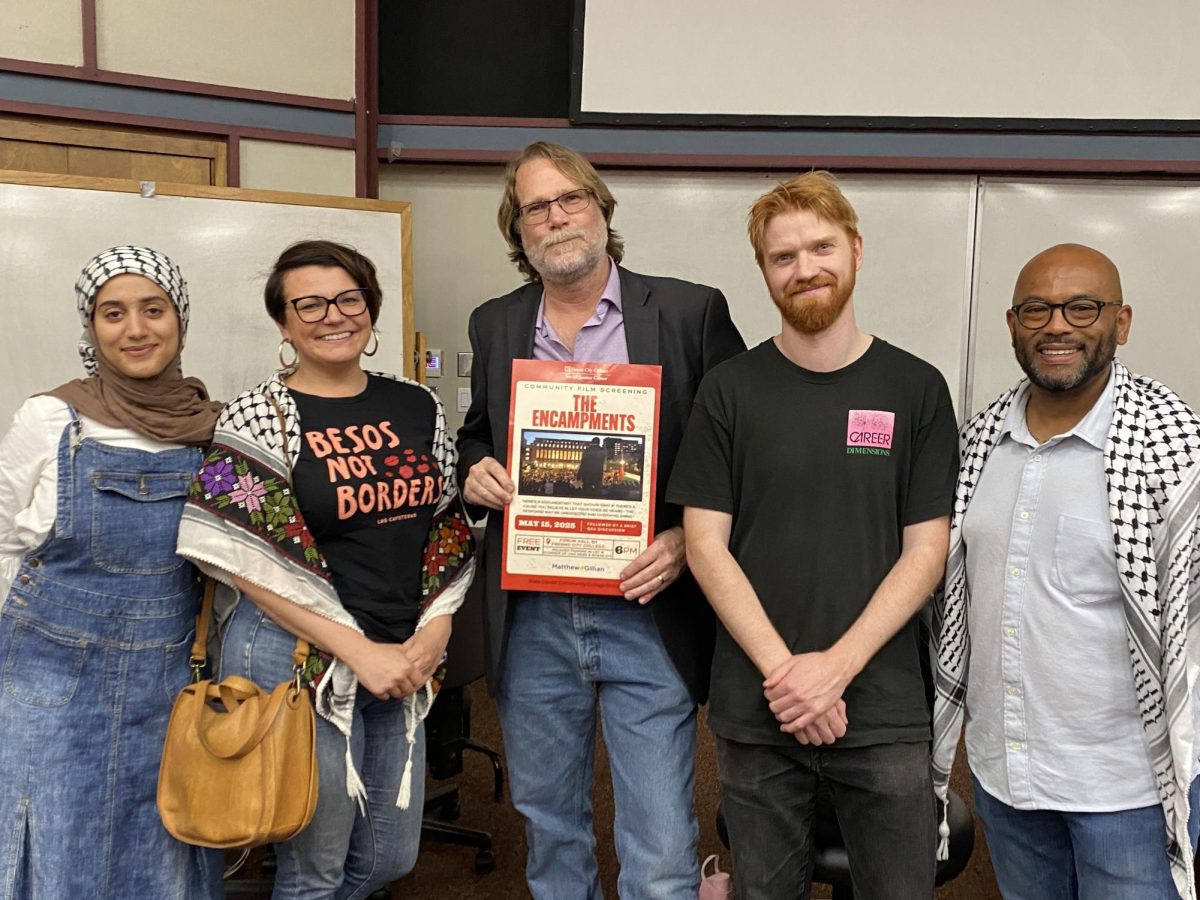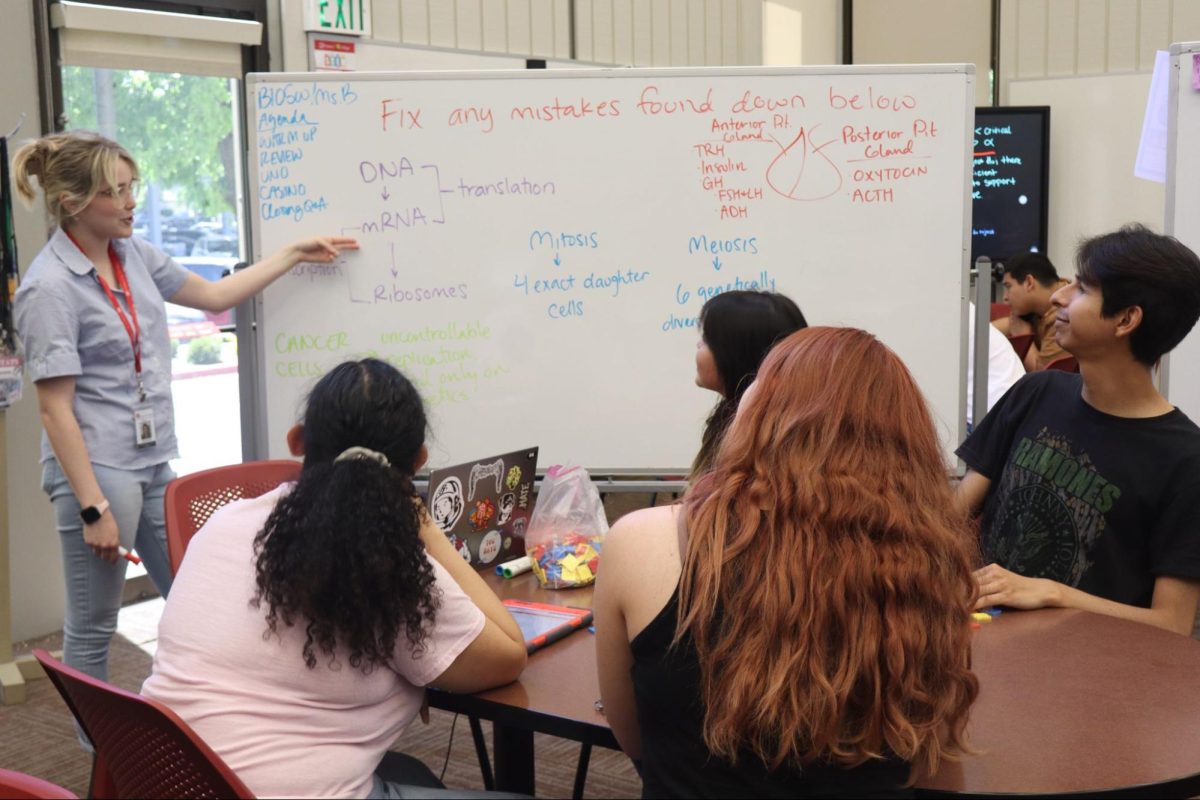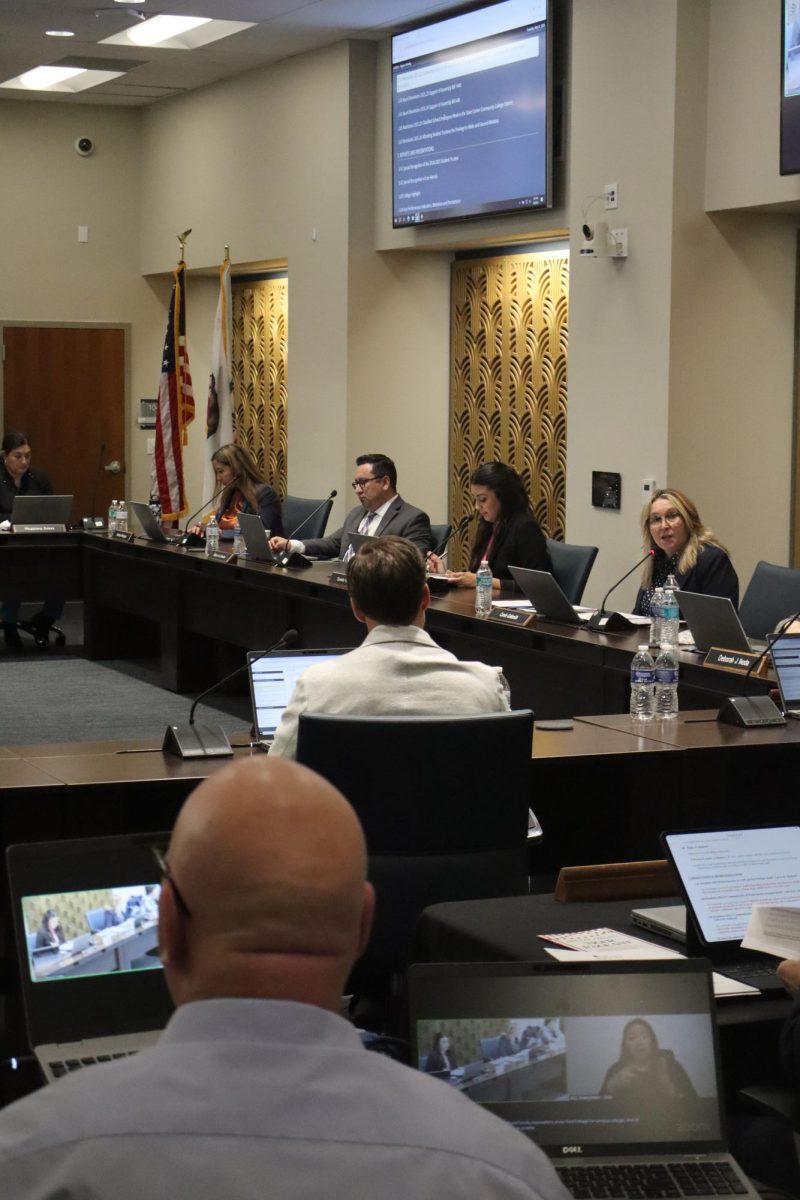Immigration reform has long been a hard to conquer issue, and now there is a new group on the task. The “Gang of eight.” The group consisting of Dick Durbin D-IL, Charles Schumer D-NY, Robert Menendez D-NJ, Michael Bennet D-CO, John McCain R-AZ, Jeff Flake R-AZ, Lindsey Graham R-SC and Marco Rubio R-FL.
All of these senators have their own individual reasons for wanting to participate in the “gang of eight.”
Dick Durbin, authored the original DREAM Act giving undocumented young students residency and a path to citizenship.
Chuck Schumer is the chairman of the Refugees and Border Security subcommittee of the Judiciary Committee. He took over for the late Sen. Edward Kennedy (D-Mass.), who tried and failed to pass a bipartisan, comprehensive immigration framework in 2007. Schumer and Graham attempted bipartisan talks in 2010.
Robert Menendez is a member of the Congressional Hispanic Caucus and has long been passionate on this issue. He introduced his own comprehensive immigration reform bill in 2010, when he was the only Hispanic member of the Senate. He was an early proponent of the DREAM Act, and along with Durbin has ties to pro-reform groups that will want to see a real pathway to citizenship.
Michael Bennet has only been in the Senate since 2010, but he’s already been staking out ground as a bipartisan reformer on the issue.
John McCain is a long-time advocate of immigration reform who tried and failed to push a comprehensive overhaul back in 2006.
Jeff Flake’s libertarian-oriented brand of conservatism has always included a pro-immigration stance. It was the main issue rival Wil Cardon used against him in a Senate primary last year. In 2007, he worked with Rep. Luis Guitierrez (D-Ill.) on a guest worker program and path to citizenship for undocumented immigrants.
Lindsey Graham, like Flake and McCain, has pushed for immigration reform before and has consistently argued that the GOP can’t survive without it.
And lastly Marco Rubio, is positioning himself to run for president in 2016 as a candidate with broad demographic appeal, and he has been pushing for his own immigration reform plan in recent months.
According to Brent C. Woodward, a local immigration law attorney the bill’s biggest affect on students would probably be the effect it would have on all undocumented immigrants generally.
The bill would create a new status for undocumented immigrants called Registered Provisional Immigrant (RPI) status, the main requirements being that the immigrant was present in the United States prior to December 31, 2012, and that the immigrant pays a $500 penalty fee. The bill would provide certain added benefits to immigrants who also meet the requirements of the previously-proposed DREAM Act, who are likely to be students, including a waiver of the penalty fee and a quicker path to citizenship. RPIs will be eligible to work in any job and will be permitted to travel outside the country and then re-enter.
“This bill would not mark the beginning of legalization for the millions of undocumented immigrants, only the beginning of an undefined period of waiting for the border security condition to be met.”
-Brent Woodward
Immigration Law Attorney
The bill would also change the visa process for legal immigrants seeking employment-based visas. This would affect current and future legal foreign students by making it easier to obtain an employment-based visa after completing school. The bill would increase the number of visas available for persons with master’s degrees in the fields of science, technology, engineering or mathematics (STEM).
The bill would also create a new visa category for persons seeking to perform services or labor for a registered U.S. employer who has jobs available that the employer can’t fill without access to foreign workers. Under the current law, it can be very difficult for students to transition from a student visa to an employment-based visa; the new bill would improve this.
Although the bill does have a long way to go, the bill must survive a filibuster in the full senate where a vote of at least 60 senators will be required to move the bill to a final vote. The bill must then be passed by both the full Senate and the House of Representatives before moving to the president for his signature and becoming law.
There are also many questions that are yet to be answered, the biggest questions being how and to what extend the current bill gets amended, whether the bill survives the Senate filibuster process, and whether the House of Representatives will introduce its own bill.
“One important criticism is that the bill calls for increased militarization of the US-Mexico land border, and that increased border security would be a condition to be met before implementation of the proposed RPI program,” said Woodward. “Thus, passage of this bill would not mark the beginning of legalization for the millions of undocumented immigrants, only the beginning of an undefined period of waiting for the border security condition to be met.”







